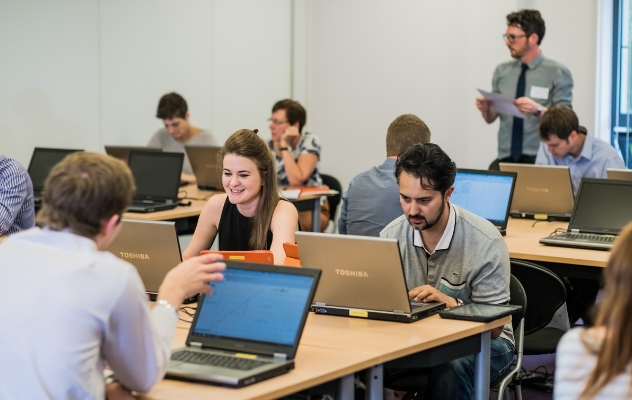
New year, new timetable. Whether you’re picking up a few lessons of computing here and there, or you’ve fully taken on a subject teaching role for the first time, you probably feel a little shaky. As you work to raise your confidence, invest your energy wisely.
How you can get started
Try unplugged activities
Try out some unplugged computing activities alone or with other teachers. Then do them again, and really think about what they illustrate. Ask where does it fit into a learning plan, and what is the required prior knowledge.
Combine unplugged and on-screen activities
Tie the unplugged activity into on-screen programming activities - unplugged computing isn’t a replacement for programming, but it can be a useful step on the ladder.
Learn to program
At least a bit. Reading code is a fundamental skill, while writing code is trickier – just like learning a foreign language. Become confident in the basics, and know where to find good guidance on the rest.
Concentrate on threshold concepts
Concentrate on the threshold concepts which open up your ability to think about programming.
There’s no definitive list but research points to an understanding of procedural decomposition and design, an understanding of how functions are designed, written and called in programs, how flow is controlled using conditions applied to choices (such as If-Then-Else) and loops, and the behaviour of variables in and out of scope.
Find a system to teach programming
PRIMM – Predict Run Investigate Modify Make – is an approach to structuring learning with a keen following, which will help you get started on planning lessons and sequences of lessons.
Boost your content knowledge
Aim to be more than a page ahead of your students. Have a story to tell (why is a bug called a bug?), and a context to relate to (Python is now the world’s most popular programming language used by Google, Pixar, Spotify, even the CIA!).
Computers take data and apply algorithms to create new data which is more useful so it’s useful to understand the nature of data whether it’s raw binary, ASCII or jpeg.
Own the curriculum
Time is short and there’s a lot to cover. If students aged 11-14 don’t get a rich experience, they won’t opt for computing; without the effective teaching of a fact-based, concept-rich curriculum they won’t excel in their qualifications.
Choose resources wisely, spend your time on what matters and learn from others. And believe in yourself – you’ve made it this far, demonstrating the can-do attitude that you expect from your students.
